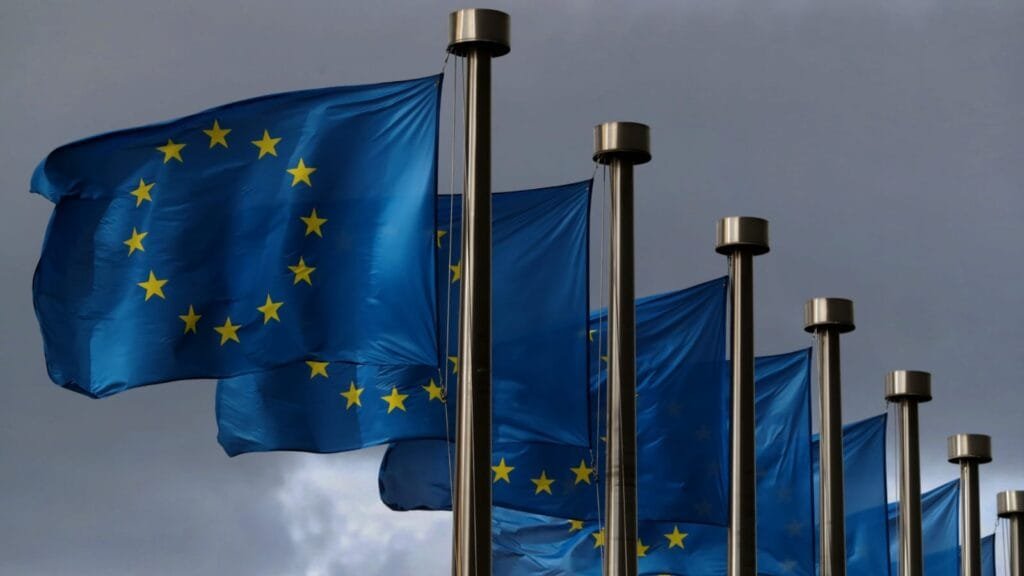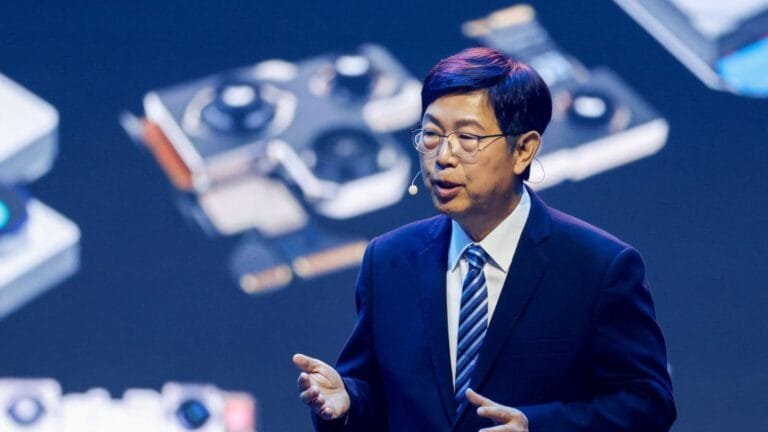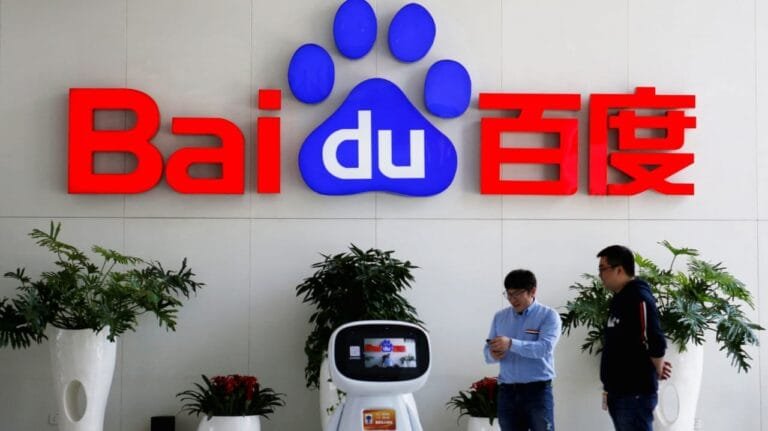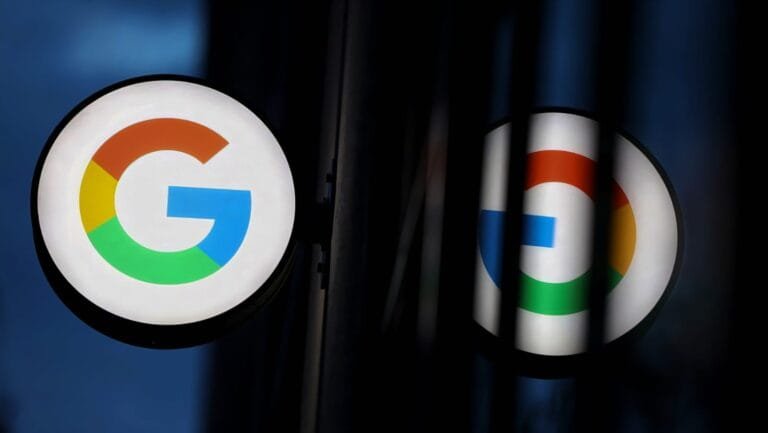
The EU’s high-risk AI rules postponed until 2027.
Introduction: The world is entering the EU High-Risk AI Delay
This law was considered a global benchmark for AI regulation. However, recent news has emerged that the EU is preparing to postpone its ‘high-risk’ AI regulations until 2027, and this decision is believed to be due to significant pressure from Big Tech companies—Google, Meta, Microsoft, Amazon, and OpenAI. This article presents the entire issue in great detail, with simple language and deep understanding.
What is the EU AI Act?
Objective of the Law The main goals of the EU AI Act were to: Ensure AI technology is safe Prevent AI systems that harm people Increase transparency Prevent misuse of AI Protect consumer rights Maintain balance in AI development in Europe The fundamental objective of this law was to ensure that AI remains under human control, not humans control AI. The EU’s risk-based framework divided AI into four categories: Unacceptable Risk such as social scoring, psychological manipulation of children, biometric monitoring; High Risk. such as AI-based healthcare systems, financial decisions, judicial decisions, government surveillance; Limited Risk. such as chatbot transparency, content generation regulations. Minimal Risk of such as video games, filters, AI tools
The most debated category was the High-Risk category, as it encompasses many AI technologies and models from large companies.
Reasons for the EU to postpone the regulations until 2027
Heavy Lobbying by Companies It has been revealed that: Big Tech companies spoke to EU leaders in dozens of meetings Presented research reports, lobbying documents, and economic modeling Warned that “strict regulations will kill AI innovation in Europe” Some European companies also supported this. The EU already lags behind American and Chinese companies in: cloud technology, semiconductors, social media, and the smartphone industry. EU leaders fear that if they lag behind in AI, the future economy will be monopolized by the US and China. Lack of mature technology: AI technology is changing very rapidly. The EU Commission believes that the technology is changing even as regulations are being formulated.
Who benefits and who loses from delays?
Advantages: Relief for Big Tech companies like OpenAI, Google, Meta, Microsoft, and Amazon. No legal burden on development. Smooth expansion of AI models in the EU. Fewer restrictions on startups and developers. Disadvantages: Civil rights activists. Leaving AI unchecked is dangerous. Deepfakes, propaganda, and surveillance technologies will increase. Democracy and human rights will be affected. Biased AI will not be stopped. EU Startups—Dual Position Advantages Fewer regulations, more innovation. Will be able to launch AI products faster. Disadvantages Big Tech’s dominance will increase. Competition may become unbalanced.

Potential Global Consequences of Delays
US vs. EU Policy Clash takes a market-based approach “Build first, regulate later.” The EU’s approach was: “Build first, then build.” After this delay, the EU now appears to be moving closer to the US. Competitive Advantage for China: China is already developing state-controlled AI models.
EU delay means: China’s global AI influence will increase Europe could be left behind Changing the direction of global AI regulations The EU’s AI Act was a model for the world. Many countries planned to copy it—India, Brazil, the UK, Japan, Australia. Now everyone will wait.
What could change by 2027 of EU High-Risk AI Delay?
Possibilities: Rapid progress towards AGI (Artificial General Intelligence) Companies powered by AI Fully AI-based government services AI-controlled robotics High-level deepfakes AI-based political propaganda At the pace at which AI is advancing, the definition of “high-risk AI” could also change by 2027. EU to strengthen new research framework EU AI safety laboratories Model auditing framework AI Ethics Board European AI Observatory
Criticisms and debate on this decision:- This compromises public safety. Many experts say: Cases of AI misuse are increasing Deepfake crimes are on the rise AI’s impact on elections could be dangerous Delaying high-risk AI is “more risky than necessary” It is wise to postpone regulations Tech experts’ view: Hastily made regulations prove to be wrong It stifles industry growth Freedom for innovation is needed Here The EU has a chance to once again become a leader in AI research.
What does this mean for India?:- India is working on AI policies. The EU’s delay means: India will also implement regulations slowly. Opportunities for startups will increase. India could become a major market for Big Tech companies. AI risks will increase in elections, media, and social platforms.
Conclusion: The future of EU High-Risk AI Delay
EU’s decision to postpone ‘high-risk’ AI regulations until 2027: Relief for industry. Threat to citizen safety. Significant changes to the global economy. The conflict between regulation and innovation. AI is the most powerful technology of the future. Regulating it is not easy, but leaving it unchecked is even more dangerous. Europe has prioritized innovation in this conflict for now.




